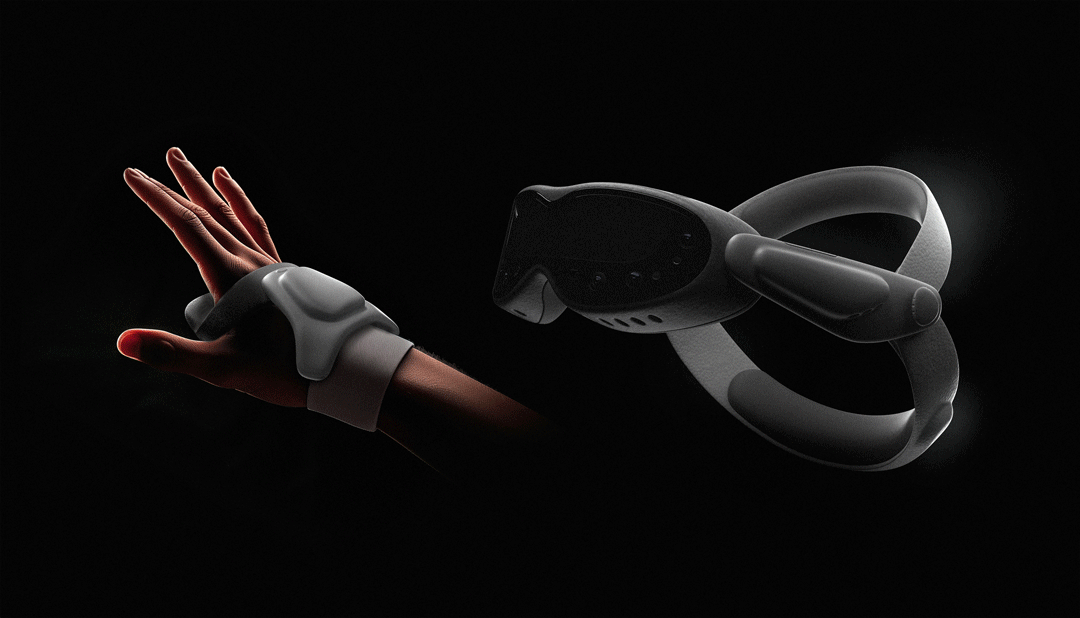A new VR startup wants to make a fitness-focused glove, and eventually a fitness-focused headset too.
Vi is being founded by XR entrepreneur Cix Liv, who previously cofounded the VR livestreaming tool LIV and the VR fitness tracker YUR. Liv was working on a mixed reality esports game called REK since 2022, but canceled it last year citing low audience interest as well as the technical and practical issues inherent in using headsets outdoors.
Joining Cix at Vi is engineer Eugene Nadyrshin, who designed a VR glove with haptic feedback back in 2018, and product designer Marcus Kane, who has experience with consumer electronics and previously produced renders of Quest Pro and Quest 3 before they were announced based on leaked CAD schematics.
0:00
Vi fitness glove prototype being tested with Apple Vision Pro.
The Vi glove is designed for resistance training. It features a pressure sensor that can sense the weight of dumbbell you’re lifting, and an IMU (a chip with an accelerometer and gyroscope) that can sense the number of reps. Vi claims the goal is to be able to track resistance bands, push ups, pull ups, dumbbells, barbells, kettlebells, and more. It will support Apple Vision Pro first, communicating via Bluetooth as demonstrated in the video above. Vi says it’s exploring Quest support, but that it may not be possible due to how Meta has locked down the Bluetooth stack.
The Vi headset on the other hand seems more of an aspiration than a solidified plan, at least for now. Liv tells UploadVR that it will based on Qualcomm’s Snapdragon XR2 Gen 2 reference design headset, with a (non-lenticular) front display and a small battery in the rear strap to achieve a slim and balanced design. Vi is targeting 60-90 minutes of battery life, matching what Liv claims is the maximum typical VR fitness session. Liv tells us the headset shouldn’t be expected until late 2025 or early 2026.
Vi’s plan is to sell the hardware at cost and make the money on a subscription to its fitness service, which the headset will boot into, and the only application it will support at launch.
As always, we should note that mass producing and shipping consumer electronics is extremely challenging, and many (if not most) startups fail to deliver.





